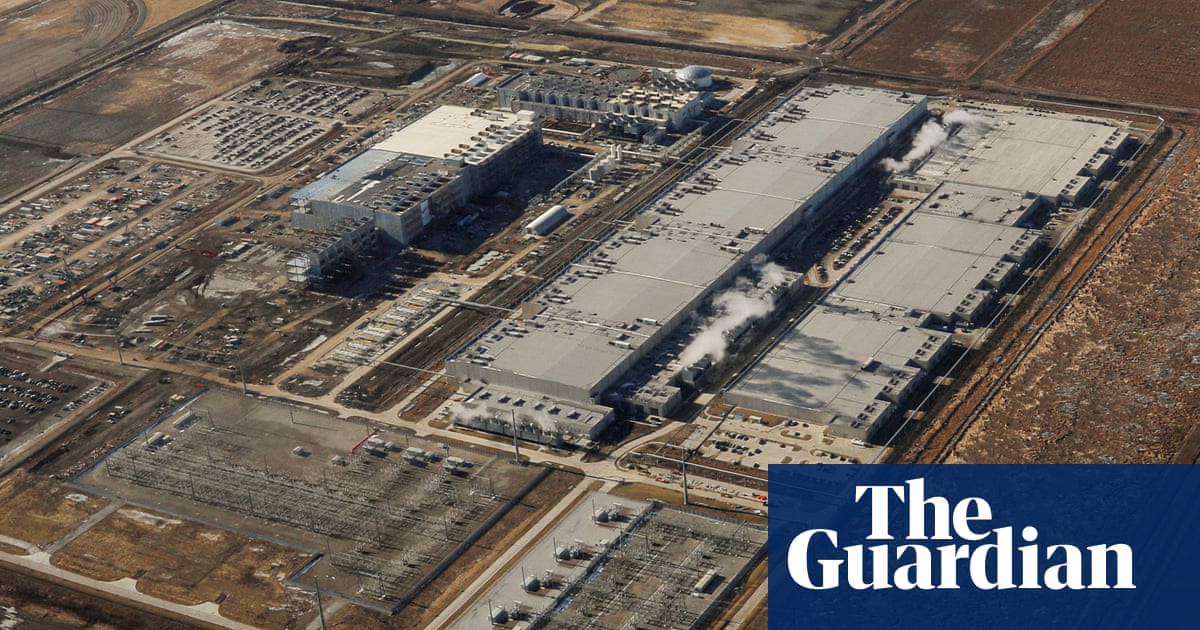Clean energy is popular, even in red states. Senators might block it anyway. » Yale Climate Connections

The fate of America’s progress on cleaner energy rests in the hands of the U.S. Senate as Republican lawmakers consider a partial or total repeal of Biden-era clean energy incentives.
The version of the budget bill narrowly passed by the House of Representatives in mid-May would rescind clean energy tax credits for individuals and businesses that were enacted as part of the 2022 Inflation Reduction Act, which aimed to invest hundreds of billions of dollars toward modernizing American energy and fighting climate change.
The proposed repeals threaten nascent progress in new battery technology and electric vehicles and would slow down the adoption of less-polluting forms of energy. According to energy analysts, ending these programs would also increase U.S. emissions of climate-warming pollution and raise energy bills for households and businesses.
Read: One big, beautiful, climate-killing bill
Most people in most states say that clean energy should be a high or very high priority
The repeals aren’t what most Americans say they want.
In fact, about 63% of Americans said in a December 2024 poll that developing clean energy sources should be a high or very high priority for the president and Congress, according to the Yale Program on Climate Change Communication, the publisher of this site.
Clean energy is widely popular across the country and supported by most voters, including majorities in most red states.
The map below shows the estimated percentage of people in each state who say developing clean energy sources should be a high or very high priority for the president and Congress. The map is interactive; hover over or tap on a state to see the details.
In all but two states, the majority of adults think that developing clean energy should be a high priority for the president and Congress.
Even in West Virginia, where coal wields a major influence on the state economy and 70% of the vote went to Donald Trump in 2024, a narrow majority of people (51%) say clean energy is a high priority.
Wyoming and North Dakota are the only states where less than half the population prioritizes clean energy development. Both of these states produce fossil fuels, but that alone doesn’t fully account for public sentiment. Other fossil-fuel-producing states, such as West Virginia, Kentucky, Montana, Alaska, Texas, and Oklahoma, all show majority support for clean energy development.
Overall, the area with the strongest support for clean energy development is the District of Columbia at 78% support, followed by Massachusetts, Maryland, Hawaii, and Vermont, where about 70% of adults say clean energy should be a priority.
Among the states that voted for Donald Trump in 2024, those where residents have the most positive views of clean energy are Florida, Nevada, North Carolina, and Arizona.
North Carolina is a particularly important case.
Republican Sen. Thom Tillis of North Carolina was among four GOP senators who wrote a letter to Senate Majority Leader John Thune in April cautioning against a full repeal of energy tax credits, “which could lead to significant disruptions for the American people and weaken our position as a global energy leader.”
At the moment, incentives in the Inflation Reduction Act are driving major economic development to red states, with investments in modern manufacturing, grid upgrades, weatherization, energy research, and clean energy deployment.
North Carolina was slated to receive nearly $22 billion in investments through the Department of Energy and private companies under the Inflation Reduction Act. If the proposed projects don’t get canceled, North Carolina would receive the fifth-largest energy investment among the 50 states, with multiple projects for battery and EV manufacturing that are each worth over $1 billion. Sen. Tillis is up for reelection in 2026, making his vote one that clean energy hawks are watching closely.
The other Republican senators writing in support of clean energy projects were Lisa Murkowski of Alaska, John Curtis of Utah, and Jerry Moran of Kansas. Sen. Curtis also expressed support for clean energy tax credits and investments during a recent tour of a newly expanded battery production facility in Utah.
Republicans hold a slim majority of 53 seats in the Senate, and some of the country’s most important energy projects hang in that precarious balance.
Data sources
Public opinion data is from the Yale Climate Opinion Maps, measured in 2024. The most recent data is downloadable from the site.
Read more about the most recent public opinion on climate policies in Climate Change in the American Mind, published Jan. 30, 2025.
Princeton University’s ZERO Lab published a thorough analysis of the impacts of repealing the Inflation Reduction Act.






